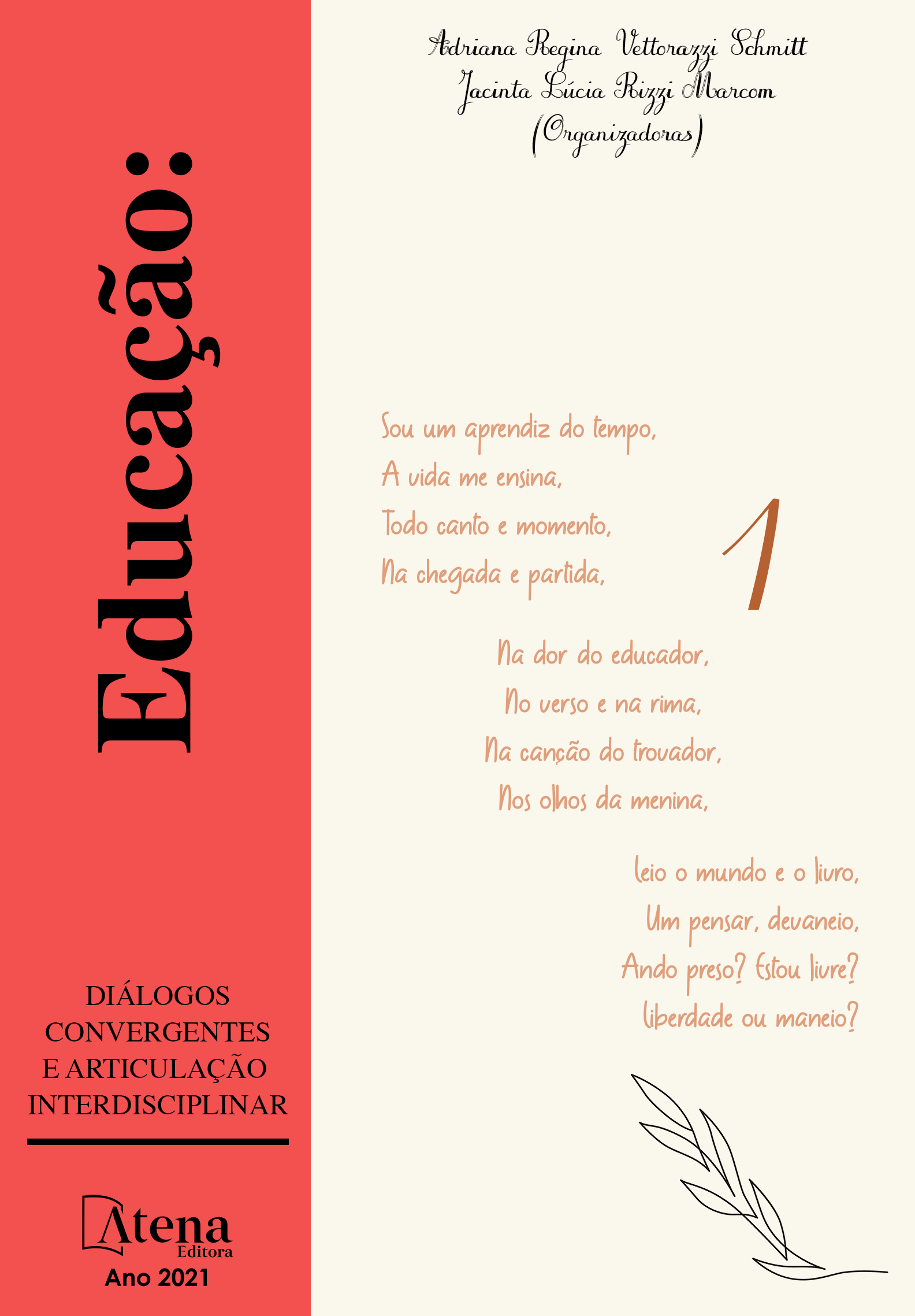
AVALIAÇÃO DIAGNÓSTICA DE CONHECIMENTOS MATEMÁTICOS UTILIZANDO LÓGICA FUZZY E TEORIA DE RESPOSTA AO ITEM
Este trabalho está inserido na temática da Inteligência Artificial Aplicada à Educação ao utilizar a lógica fuzzy em um contexto educacional. Objetivou-se diagnosticar os conhecimentos matemáticos de alunos ingressantes em dois cursos superiores de uma instituição de ensino superior pública. A modelagem do sistema proposto considerou a perspectiva da avaliação diagnóstica, a Matriz de Referência do ENEM e a Teoria de Resposta ao Item. As entradas foram o desempenho do aluno num teste com vinte e uma questões objetivas elaboradas por um especialista em educação matemática e dois parâmetros estimados pela teoria de resposta ao item (probabilidade do acerto casual e grau de complexidade da questão) para estas questões. O sistema foi desenvolvido em JAVA com a biblioteca jFuzzyLogic. Cinquenta e quatro alunos realizaram o teste. Os resultados obtidos foram avaliados pelo especialista e comparados com os escores brutos. Eles demostraram que o modelo elaborado foi capaz de inferir adequadamente os diferentes estados cognitivos dos alunos no momento da avaliação diagnóstica com maior precisão. Isso permite que decisões pedagógicas sejam tomadas levando-se em consideração informações mais detalhadas do aluno, não capturadas pelos escores brutos de acertos e erros.
AVALIAÇÃO DIAGNÓSTICA DE CONHECIMENTOS MATEMÁTICOS UTILIZANDO LÓGICA FUZZY E TEORIA DE RESPOSTA AO ITEM
-
DOI: 10.22533/at.ed.01021220923
-
Palavras-chave: Lógica Fuzzy. Avaliação Diagnóstica. Teoria de Resposta ao Item. Inteligência Artificial. Educação.
-
Keywords: Fuzzy logic. Diagnostic assessment. Item response theory. Artificial intelligence. Education.
-
Abstract:
This work is inserted in the theme of Artificial Intelligence Applied to Education when using fuzzy logic in an educational context. The objective was to diagnose the mathematical knowledge of students entering two higher education courses at a public higher education institution. The modeling of the proposed system considered the perspective of the diagnostic evaluation, the Reference Matrix of the ENEM and the Item Response Theory. The entries were the student's performance in a test with 21 objective questions prepared by a specialist in mathematical education and two parameters estimated by the item response theory (probability of the casual answer and degree of complexity of the question) for these questions. The system was developed in JAVA with the jFuzzyLogic library. 54 students took the test. The results obtained were evaluated by the specialist and compared with the raw scores. They demonstrated that the model developed was able to adequately infer the different cognitive states of students at the time of diagnostic evaluation with greater precision. This allows pedagogical decisions to be made taking into account more detailed information from the student, not captured by the raw scores of hits and misses.
-
Número de páginas: 22
- Márcio Matias
- Hamilton Gomes
- Matheus Honorato
- Iuri Galdino
- Patrícia Takaki


